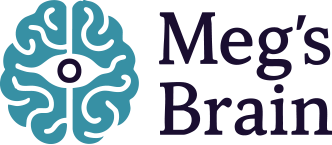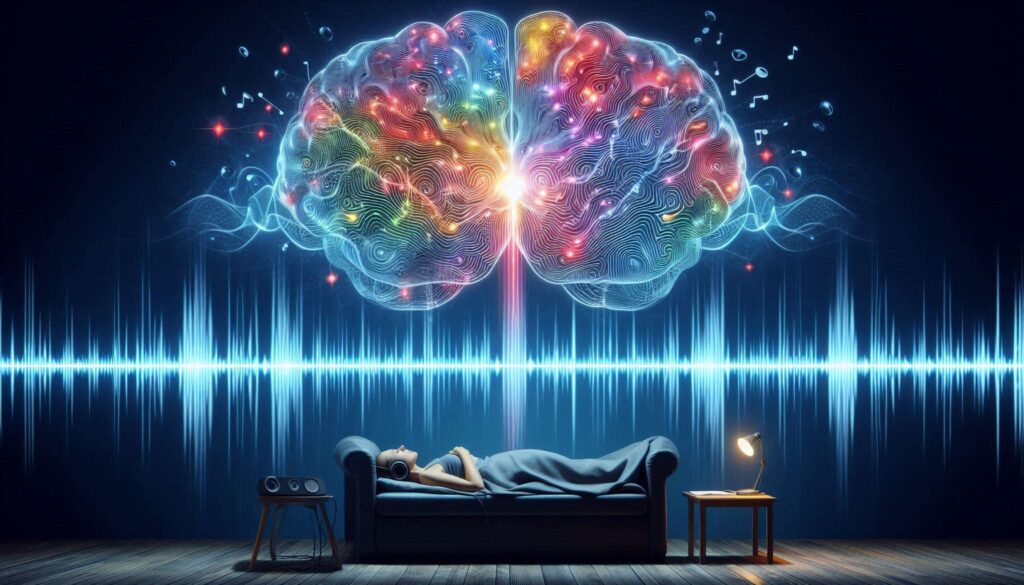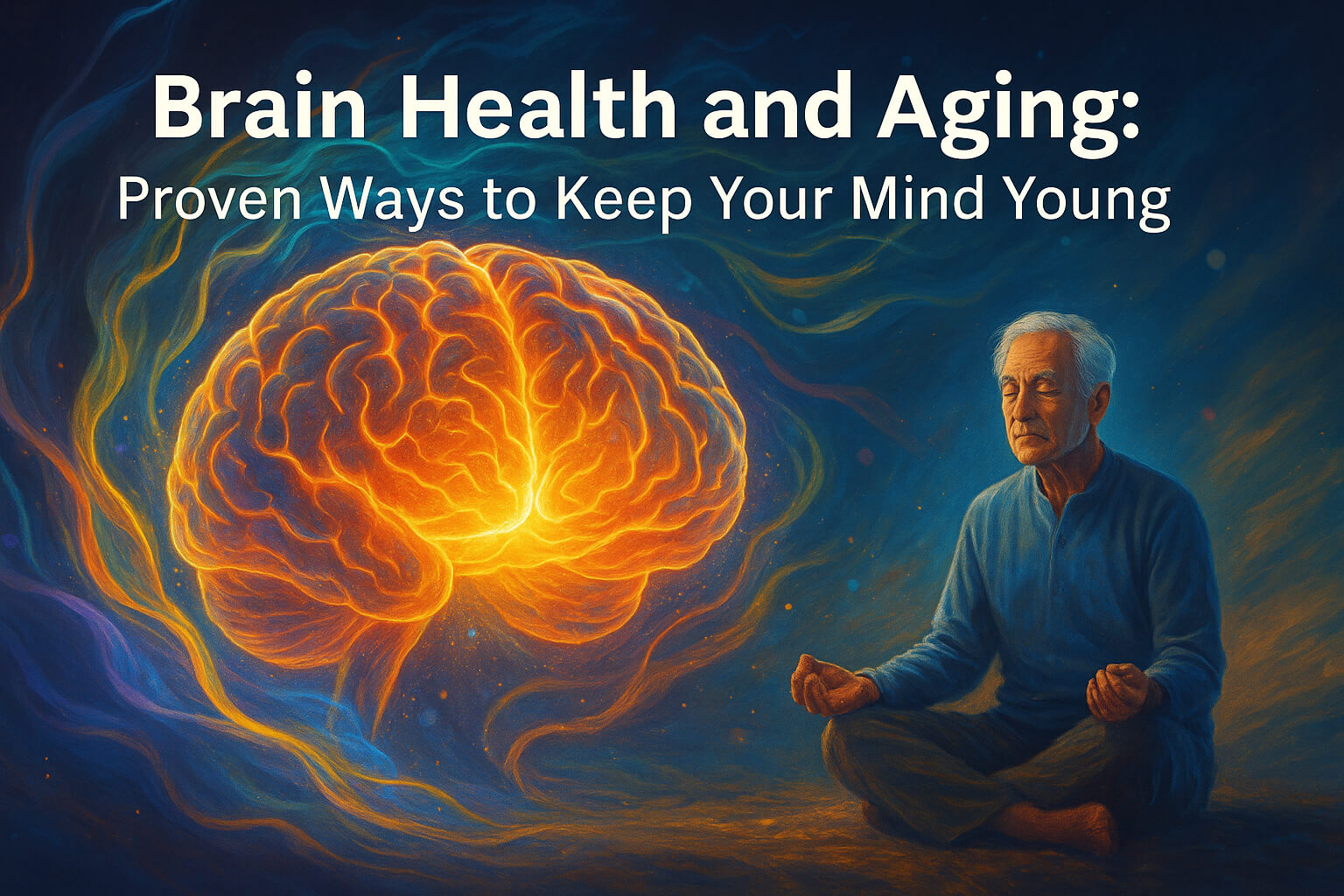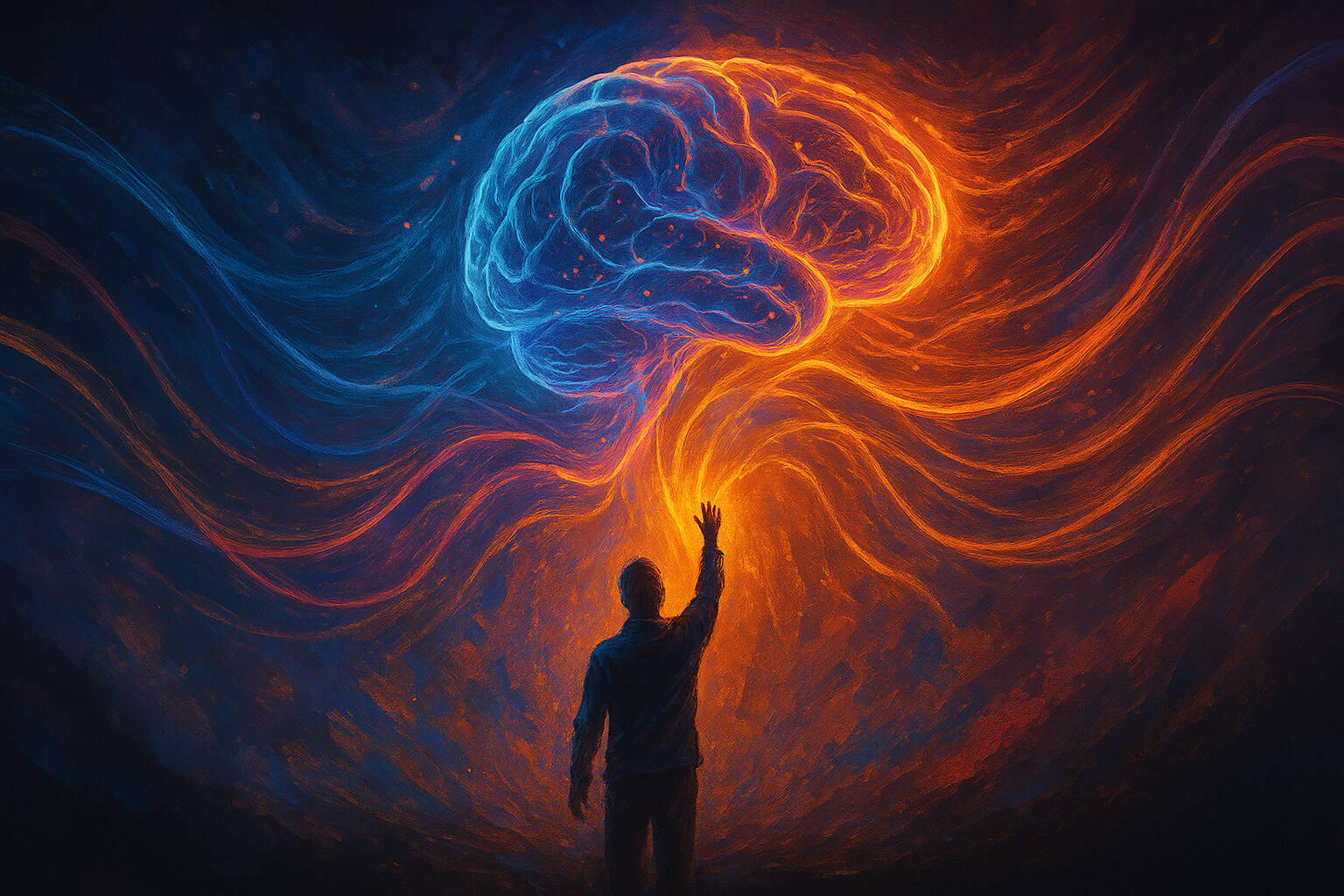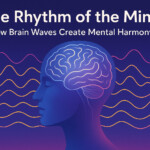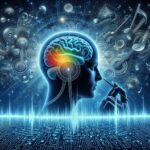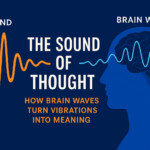Now Reading: How Music Affects the Brain: Boost Focus, Memory, and Creativity
- 01
How Music Affects the Brain: Boost Focus, Memory, and Creativity
How Music Affects the Brain: Boost Focus, Memory, and Creativity
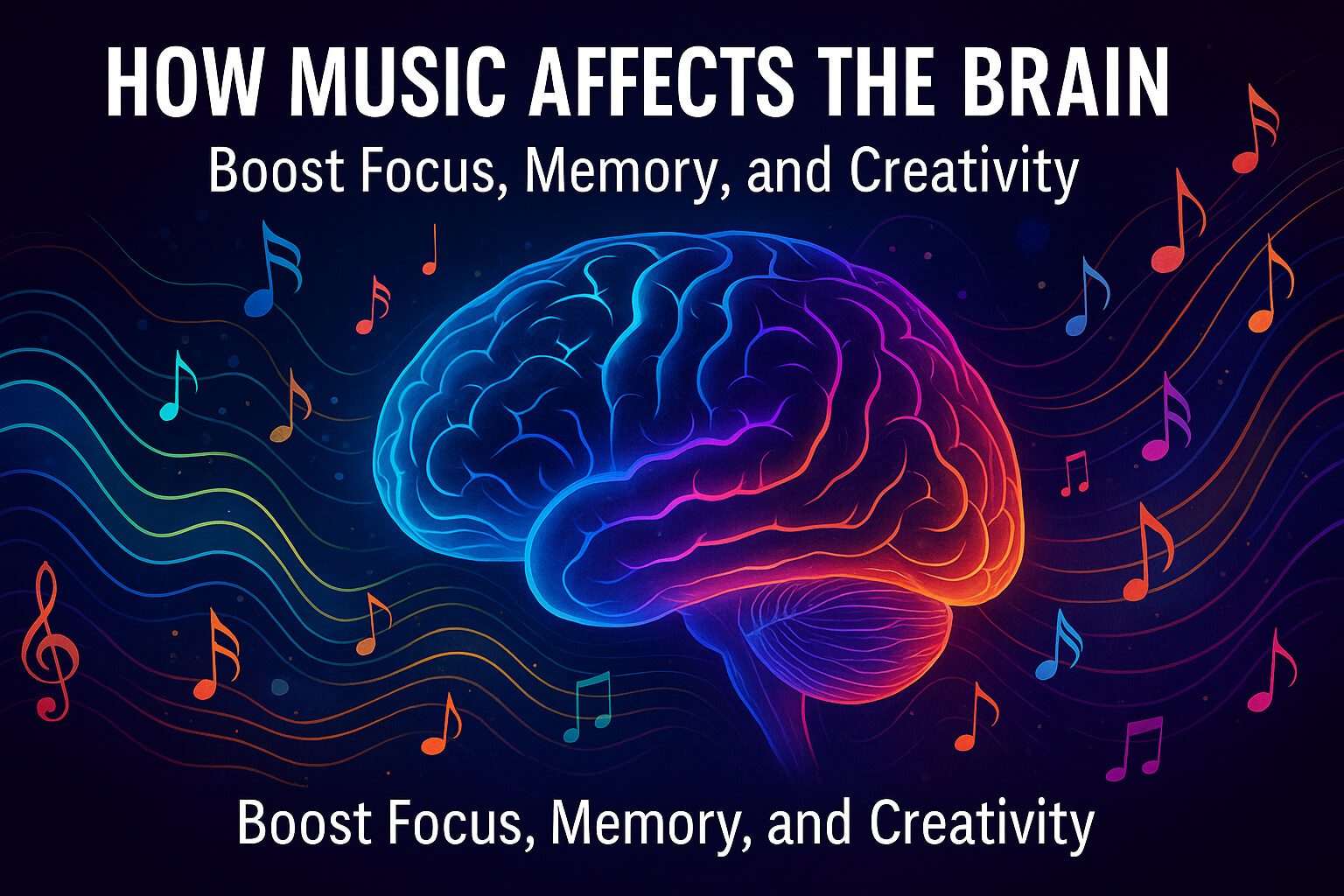
🎶 Introduction
Music is not just entertainment — it may be the most powerful tool we have observe in this triad of musical functions. From helping us focus to enhancing our creativity, sounds have the power to alter our mental state in meaningful ways. Contemporary neuroscience confirms that music is a powerful thing, capable of changing the way we think, feel and behave.
🧠 The Science of Music and the Brain
As you listen to music, your brain lights up in several regions:
Hippocampus → strengthens memory
Prefrontal cortex → boosts decision-making
Amygdala → regulates emotion
Motor cortex → synchronizes rhythm to the movement
In essence, playing music is a full brain workout that enhances the connections between all regions of our brains and decreases inter-network noise within.
🎯 Music for Focus
Studies indicate that steady, rhythmic music (frequently played in the alpha or beta frequency ranges) can help the brain focus on tasks for longer periods. That is why many students and professionals turn to instrumental or ambient tracks while working.
📚 Music and Memory
Have you ever remembered song, but couldn’t place the face of the singer? Music forms strong memories, and that is also why researchers are now studying music as a possible treatment for Alzheimer’s and age-related memory decline.
🎨 Music for Creativity
A popular hypothesis is that creative insights rise when our minds are in a quiet, aimless state. Listening to theta-inducing music may help catalyze this, resulting in new links between ideas. Artists, writers and creatives often tap into this creative flow through music.
🎧 Brainwave Training Through Music
Outside of casual listening, there’s a burgeoning world of audio-based brain training. Programs such as 👉 Try GENIUS WAVE and feel the sounds power yourself! 👈 use sound frequencies to direct the brain into specific states of focus, relaxation or creativity — supercharging our natural brain capacity with music-inspired entrainment.
🌟 How Music Can Be Used As A Tool For The Brain
Listening to instrumental or ambient music for work and study.
Listen to upbeat tunes before you need to channel energy into a task.
Opt long, soothing tunes for a pre-sleep lullaby that promotes good sleep.
Sample brainwave entrainment tracks to help you focus or become more creative.
✨ Conclusion
Music is not just background noise—it’s a cognitive enhancement. By being mindful and selecting what you listen to, you can better concentration, recall things more easily and ignite creativity. Listening to traditional music combined with a contemporary tool such as Genius Wave helps your brain access new levels of focus.
👉 Experience it yourself with the GENIUS WAVE and feel the power of sound! 👈
📌 FAQ
Q1: And music can really enhance focus?
A As we wrote, research has long suggested that music can reduce distractions for people who are trying to focus on a task.
Q2: What music boosts memory?
Certain music that is repetitive, rhythmic or emotionally stimulating can facilitate memory formation.
Q3: Does music boost creativity?
Yes. Music that triggers alpha and theta brainwaves fosters creative flow states.
Q4: What is the way in which Genius Wave uses music for brain?
It employs targeted frequencies to help train the brain into a state of focus, relaxation or creativity more quickly.
👉 Related read: 40 Hz Brainwave Frequency: The Hidden Key to Focus, Memory, and Consciousness for more insights on brainwave focus and mental clarity.
